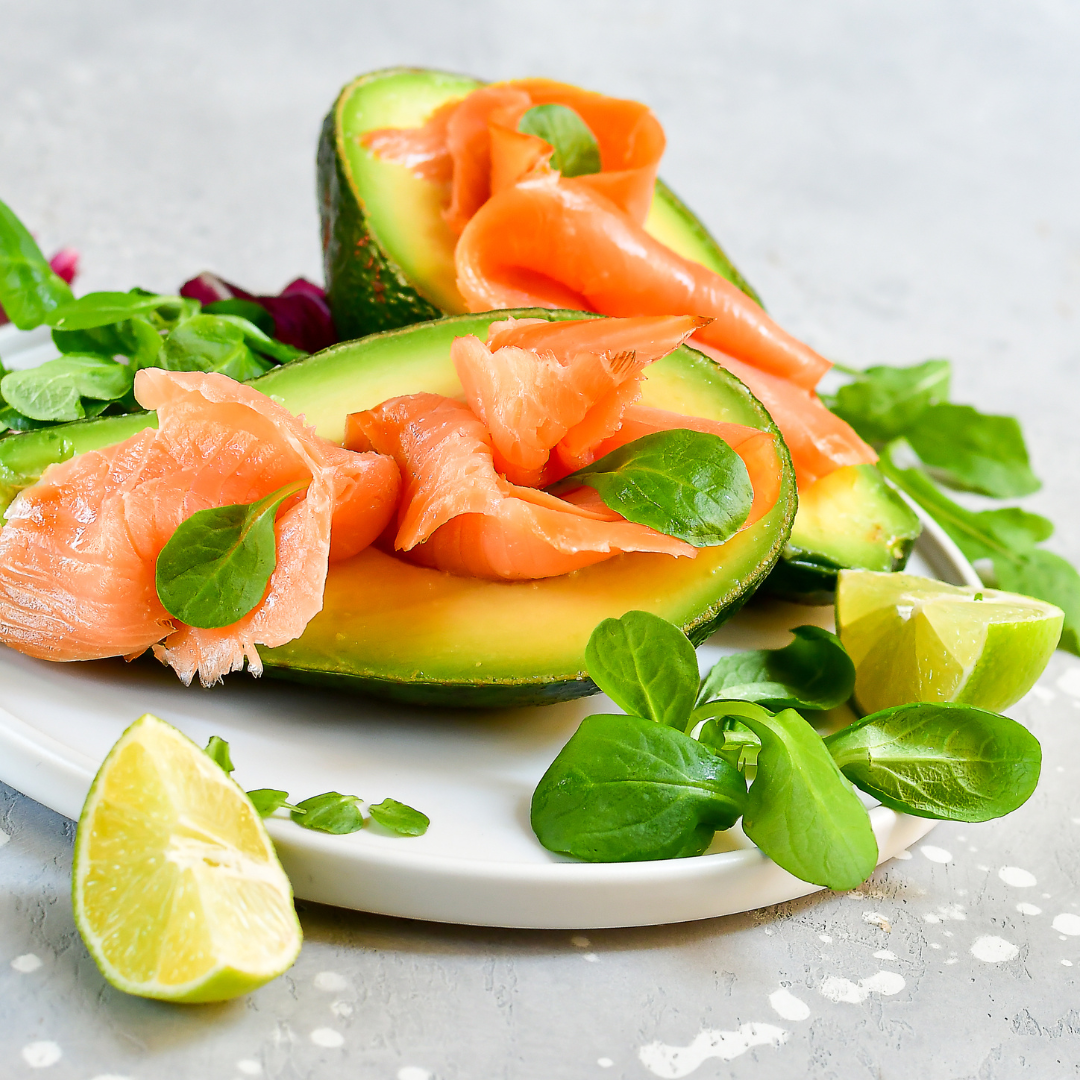The ketogenic diet is a low-carb, high-fat diet designed to help your body enter a state of ketosis, where it burns fat for energy instead of carbohydrates.
Here's a basic overview to get you started:
1. Understand the Basics: Carbs: Limit your daily carb intake to around 20-50 grams. Focus on consuming mainly non-starchy vegetables and small portions of low-carb fruits. Protein: Consume a moderate amount of protein. It should make up around 20-25% of your daily calories. Fats: The majority of your daily calories (about 70-75%) should come from healthy fats. Sources include avocados, nuts, seeds, and olive oil.
2. Choose the Right Foods: Low-Carb Vegetables: Leafy greens, broccoli, cauliflower, zucchini, and asparagus. Healthy Fats: Avocado, olive oil, coconut oil, nuts, and seeds. Proteins: Meat, poultry, fatty fish, and eggs. Dairy: Full-fat dairy products like cheese and yogurt (in moderation).
3. Plan Your Meals: Focus on simple, whole foods. Create balanced meals with a source of protein, healthy fats, and low-carb vegetables. Snack on keto-friendly options like nuts, seeds, or small servings of cheese.
4. Stay Hydrated: Drink plenty of water. Consider consuming broth or electrolyte supplements, especially when you start the diet to help combat the "keto flu."
5. Monitor Your Ketosis: You can test for ketosis using urine strips or a blood ketone meter. It may take a few days to a week to enter ketosis.
6. Beware of Hidden Carbs: Pay attention to labels and be aware of hidden carbs in sauces, dressings, and processed foods.
7. Potential Side Effects: Some people experience the "keto flu" when they first start the diet. This can include fatigue, headaches, and irritability. These symptoms are usually temporary.
8. Seek Professional Guidance: Before starting the keto diet, consult with a healthcare professional, especially if you have any underlying health conditions.
9. Stay Consistent: Consistency is key to achieving the full benefits of the keto diet.
10. Listen to Your Body: Pay attention to your body's signals. If you feel unwell or have adverse reactions, consult with a healthcare professional. Remember that the keto diet may not be suitable for everyone, so it's important to assess your individual health needs and goals before starting.
This guide is a basic introduction to the diet, and there are various approaches and versions of the keto diet, so you can adapt it to your preferences and requirements.


